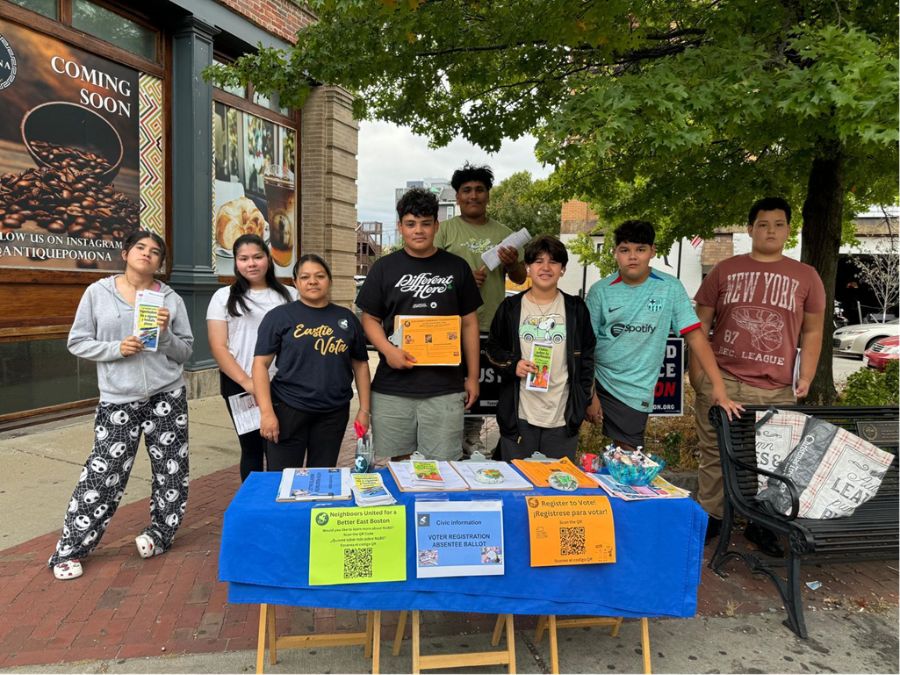
It is not too late to experience healing from positive experiences in adulthood
A study published in Frontiers in Public Health, “Positive adult experiences as turning points for better adult mental health after childhood adversity1,” shares that it is not too late for adults to experience the healing effects of positive experiences. Positive experiences, through closeness and social connection, can affect us beyond childhood providing hope for anyone who feels like it is too late.
In 2021, the investigators conducted a survey and found that even when adults reported a high Adverse Childhood Experiences (ACEs) score or low positive childhood experiences (PCEs) score, positive adult experiences (PAEs) showed lower odds of moderate or severe experiences of depression and anxiety. They predicted that higher ACE scores would correlate with fewer PAEs, but the survey results did not confirm the association.
The authors found that no matter a person’s experience with ACEs and PCEs, they could still develop positive social connections in adulthood and create PAEs. While ACEs can help understand a person’s past challenges, looking at the effects of PAEs in adulthood provides a more holistic view of the person and a more hopeful view of our ability to heal and achieve good mental health.
How are PAEs measured?
Some of the questions below were adapted from the Benevolent Childhood Experiences scale and the Positive Childhood Experiences scale to fit the context of adulthood.
- In the past 2 weeks, I have talked with at least one member of my family about my feelings.
- In the past 2 weeks, I have talked to somebody outside of my family about my feelings
- I feel that my family stands by me during difficult times.
- I enjoy participating in community events and/or traditions.
- I feel supported by my friends.
- I have at least one close and lasting relationship where I can depend on the other person to help me make decisions about my life.
- I feel safe with those who live in my home.
The need for equitable access to positive experiences
This study found that people who are white, have a bachelor’s degree or higher, and make over $40,000 a year are more likely to report a higher PAE score. Similar findings with PCEs were discovered in a recent study published by HOPE Director Robert Sege, MD, PhD and colleagues in the Morbidity and Mortality Weekly Report.2 Both studies highlight the importance of advocating for equitable access to PCEs and PAEs. Everyone should have the same opportunities to experiences that provide the opportunity to heal, build resilience, and reduce negative outcomes like depression and anxiety. Through policy changes, support networks, and intentional programming, we can work together to break down barriers set by systems of oppression and to uplift all children and adults who need access to PCEs and PAEs.
References
1 Crandall A, Magnusson BM, Barlow MJ, Randall H, Policky AL and Hanson CL (2023) Positive adult experiences as turning points for better adult mental health after childhood adversity. Front. Public Health 11:1223953. doi: 10.3389/fpubh.2023.1223953
2 Sege R, Swedo EA, Burstein D, Aslam MV, Jones J, Bethell C, Niolon PH. Prevalence of Positive Childhood Experiences Among Adults — Behavioral Risk Factor Surveillance System, Four States, 2015–2021. Morb Mortal Wkly Rep. 2024 May 2. 73(17): 399-404. DOI: 10.15585/mmwr.mm7317a3


